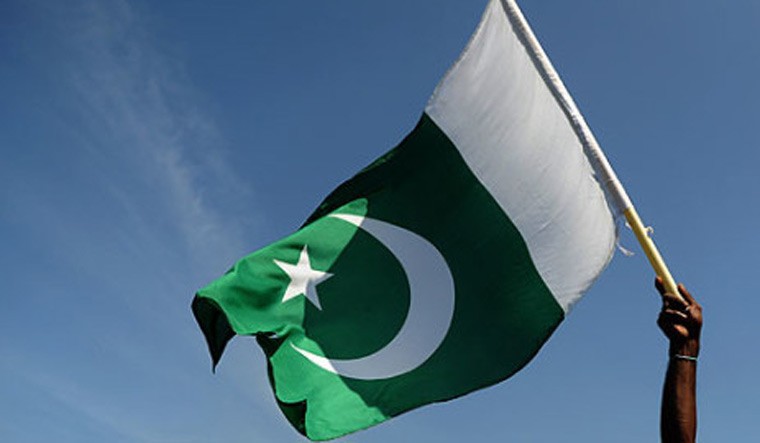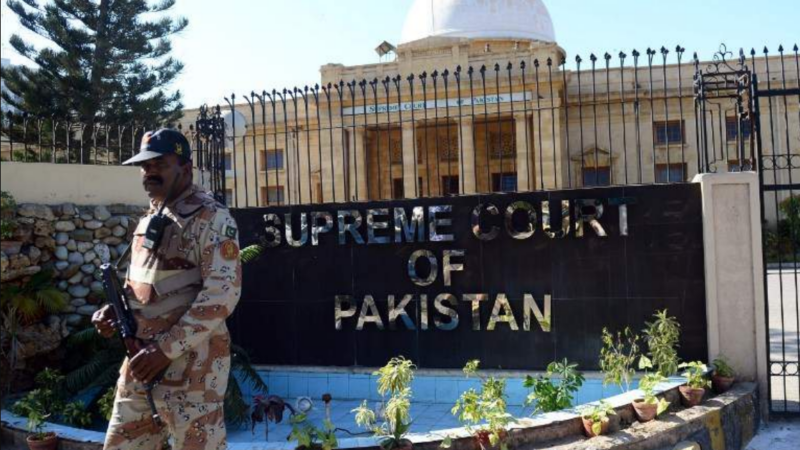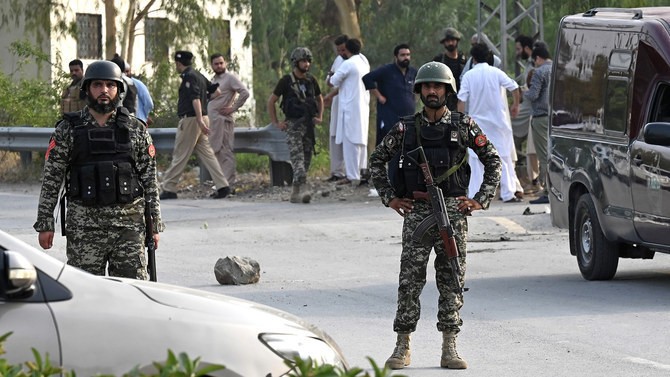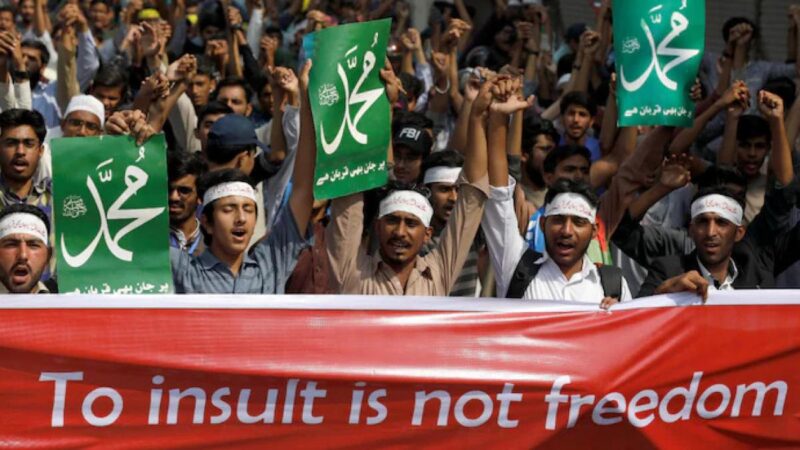Pakistan launches dirty war against Afghanistan

Pakistan has launched dirty war operations on Afghanistan by targeted attacks against mosques and minority Muslim sects to force the Taliban government to follow its dictats. A series of suicide attacks carried out by Pakistan’s new cohort, Islamic State of Khorasan, killed over 25 people, mostly Shias and Hazaras in Kabul, in September this year.
The attacks come in the wake of fraying of Pakistan’s deep-rooted relationship with its old ally, the Afghan Taliban. Pakistan is miffed at the Taliban on several issues, but more so on militant group, Tehrik-e-Taliban Pakistan (TTP) which it considers a grave threat. The TTP is protected by the Afghan Taliban, sheltered mostly in border areas in Afghanistan and now regrouping in Pakistan’s Swat and nearby tribal areas.
The suspicion and anger between the two allies were reflected in the statements made by senior leaders recently. A few weeks back, the Afghan deputy Foreign Minister Sher Abbas Stanekzai accused Islamabad of “receiving millions of dollars” from the US to permit drones to fly over Pakistan’s airspace for operations in Afghanistan. He condemned Pakistan Prime Minister Shehbaz Sharif’s statement during his UN General Assembly that terrorist groups were operating from Afghanistan.
He warned Pakistan not to interfere in the internal matters and to stop defaming the people of Afghanistan for their problems. There are several reasons for Pakistan’s belligerent move towards Afghanistan. The most serious is the Taliban’s steady challenge to Durand Line, the border between Afghanistan and Pakistan. The Pashtuns are sore at Pakistan’s attempt to build a wire fence across the border which they see as cutting through their heartland. Pashtuns live on both sides of the border and have for long nursed ambitions of gaining a Greater Pashtunistan. Pakistan is wary of such aspirations and has been constructing a long winded fence along the border despite skirmishes and gunfire.
What has riled Pakistan no less is the Taliban government’s refusal to rein in TTP, a serious threat in its border regions. In fact, thousands of Swat residents had come out into the streets in recent days to protest against the TTP influx into their areas. The residents believe that the army was not taking serious action against the militants to create an atmosphere of fear. In the past, the army had disingenuously allowed militants to infiltrate into civilian areas to project itself as a victim of terrorism and seek foreign help and contribution.
Pakistan’s carrot and stick policy against TTP has also not worked. The army has been consistently trying to bring around the TTP leadership for a truce but without any success. In April, the army carried out coordinated aerial attacks on TTP hideouts in Afghanistan but ended up killing civilians.
Pakistan is also deeply peeved at the Taliban government’s pragmatic approach towards India. The Taliban Defence Minister Mullah Yaqoub’s statement of sending Afghan troops to India for training has caused ripples in Rawalpindi. India’s efforts to reach out to the Taliban, quite successfully, has challenged Pakistan’s long-held notion of having a friendly regime in Afghanistan which can be used to rebuff India. If Afghan troops are trained in India, along with other aid, it could free the Taliban government of slavish reliance on Pakistan.
The Taliban government’s increasingly independent posturing indicates a complete failure of Pakistan’s Afghan policy which it had invested in for decades. The failure could also lead to serious issues of security in the Pashtun-dominated tribal region and nearby areas. In fact, the Taliban has used the equation with Islamabad to strengthen its hold over the country, with the help of TTP, the bete noire of Pakistan.
To cover up their failure, Pakistan has been quietly supporting global terrorist
group, Islamic State of Khorasan Provinces (ISKP) and other outfits for carrying out a dirty war against Afghanistan. The recent devastating attacks sponsored by Pakistan are a deceitful method of compelling the Taliban government to follow the diktat of Rawalpindi which is bound to cause a blowback.






